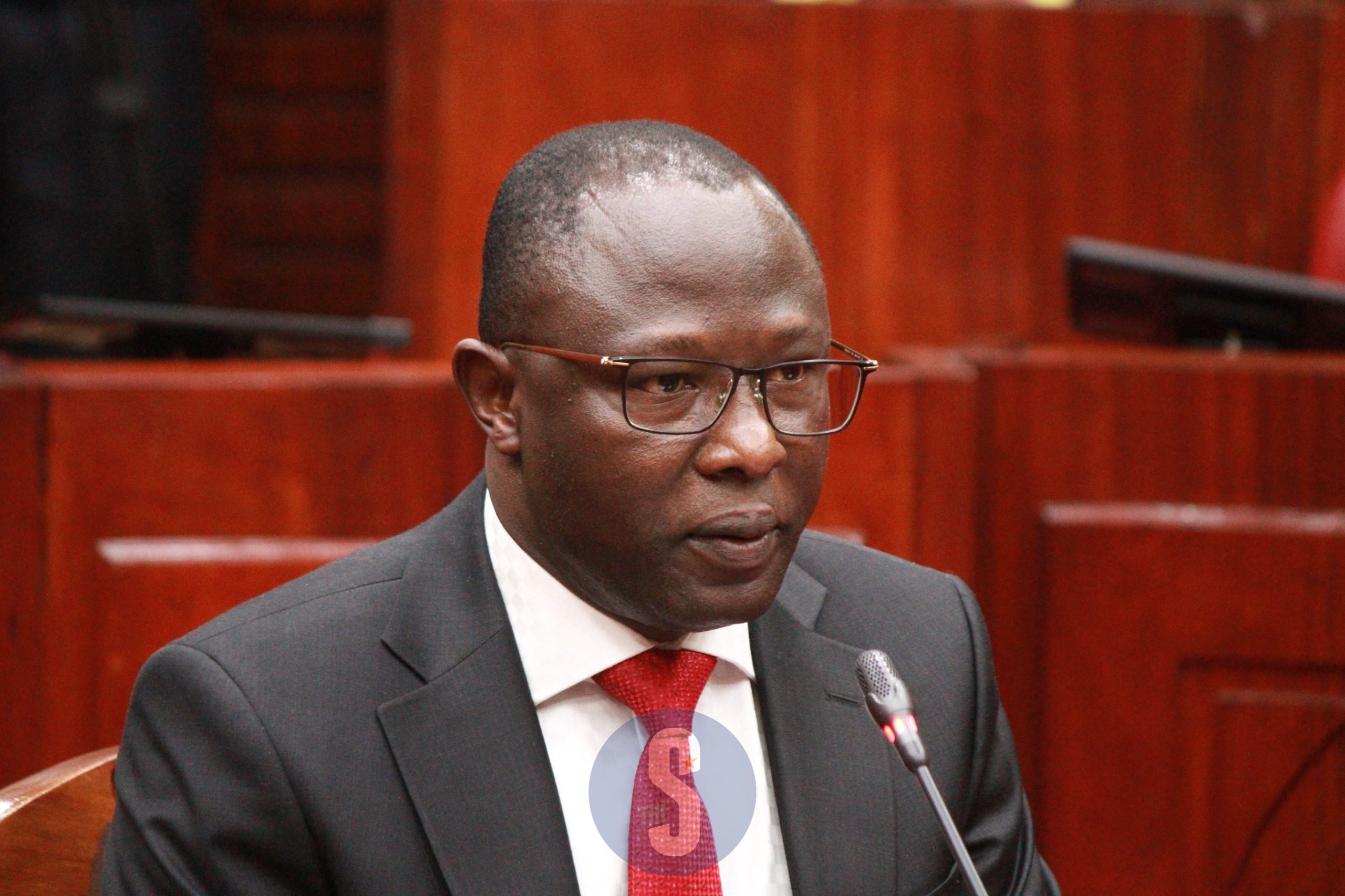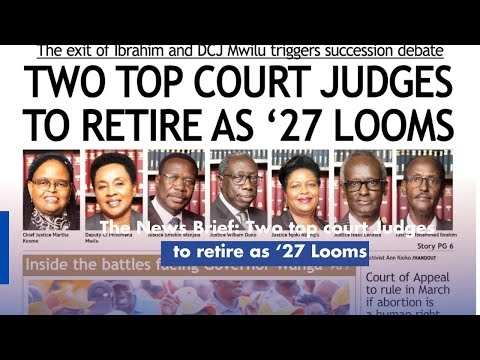

Six petitioners have moved to the High Court in Nairobi to challenge the Independent Electoral and Boundaries Commission (IEBC) over its declining to process petitions seeking the recall of Members of Parliament.
The petitioners — Newton Mugambi Boore, Dennis Mwaki Chabari, Morris Mawira, Agnes Mwende Justus, Seth Mark Kinoti, and Christine Kanana Kithinji — argue that the IEBC’s inaction amounts to a violation of their constitutional rights and undermines public accountability.
At the centre of the dispute is Article 104 of the Constitution of Kenya, 2010, which gives voters the right to recall their MPs before the end of their term.
However, the IEBC has maintained that it cannot process such petitions due to the absence of a clear legal framework following a 2017 High Court decision.
In a detailed statement on July 30, the Commission confirmed that while it fully supports the right of voters to recall underperforming elected leaders, there is no enabling legislation in place to facilitate the recall of MPs.
The Commission explained that the MPs, in this context, means both National Assembly and Senate members cannot be legally removed by the public at this time.
According to IEBC Chair Erastus Ethekon, a valid legal framework exists only for the recall of Members of County Assemblies.
In a previous ruling, the court invalidated sections of the Elections Act that had provided procedures for recalling MPs, citing them as unconstitutional and overly restrictive.
Since then, the petitioners argue that no new law has been enacted to fill the legal gap.
The petitioners contend that Parliament, particularly the National Assembly, has failed in its constitutional duty to operationalise Article 104(2), which mandates legislation to guide the recall process.
They allege this omission protects legislators from being held accountable and violates fundamental rights under Articles 1, 27, 38, and 47 of the Constitution.
“Following the 2017 Katiba judgment, Parliament amended the County Governments Act, 2012, in 2020 to provide a workable recall mechanism for Members of County Assemblies (MCAs) but failed to enact corresponding legislation for MPs, creating a legal vacuum for the recall of MPs,” the petition states.
In their petition, the six argue that the right to recall is self-executing and does not require legislation to be enforced.
They urge the court to compel IEBC to accept and process recall petitions using surviving provisions in the Elections Act and models used in the County Governments Act for recalling Members of County Assemblies.
“The Petitioner contends that the 1st Respondent’s (IEBC) position violates the Constitution by failing to facilitate the electorate’s sovereign right to recall MPs,” reads part of the petition.
They are also asking the court to issue an order of mandamus directing Parliament to enact the necessary recall legislation within 90 days.
Additionally, they seek a conservatory order restraining the polls agency from declining to process any recall petitions submitted by the electorate pending the determination of this Petition or the enactment of enabling legislation.
"A Declaration that the right to recall under Article 104(1) is a self-executing constitutional right that does not require enabling
legislation to be exercised, and that the 1st Respondent has a duty to
facilitate its exercise," it
adds.

















